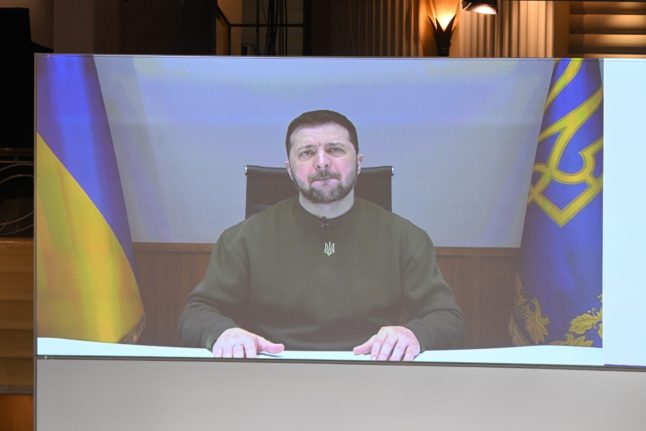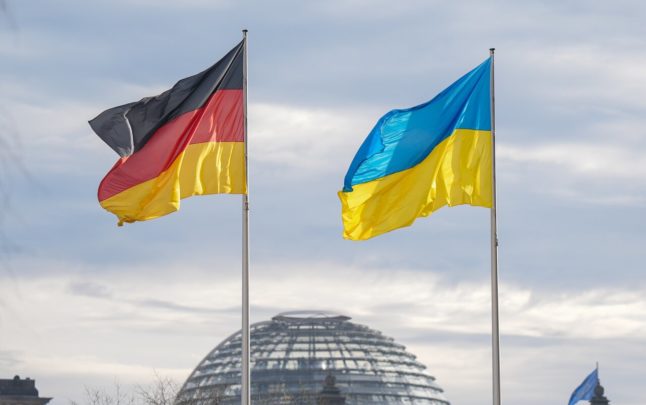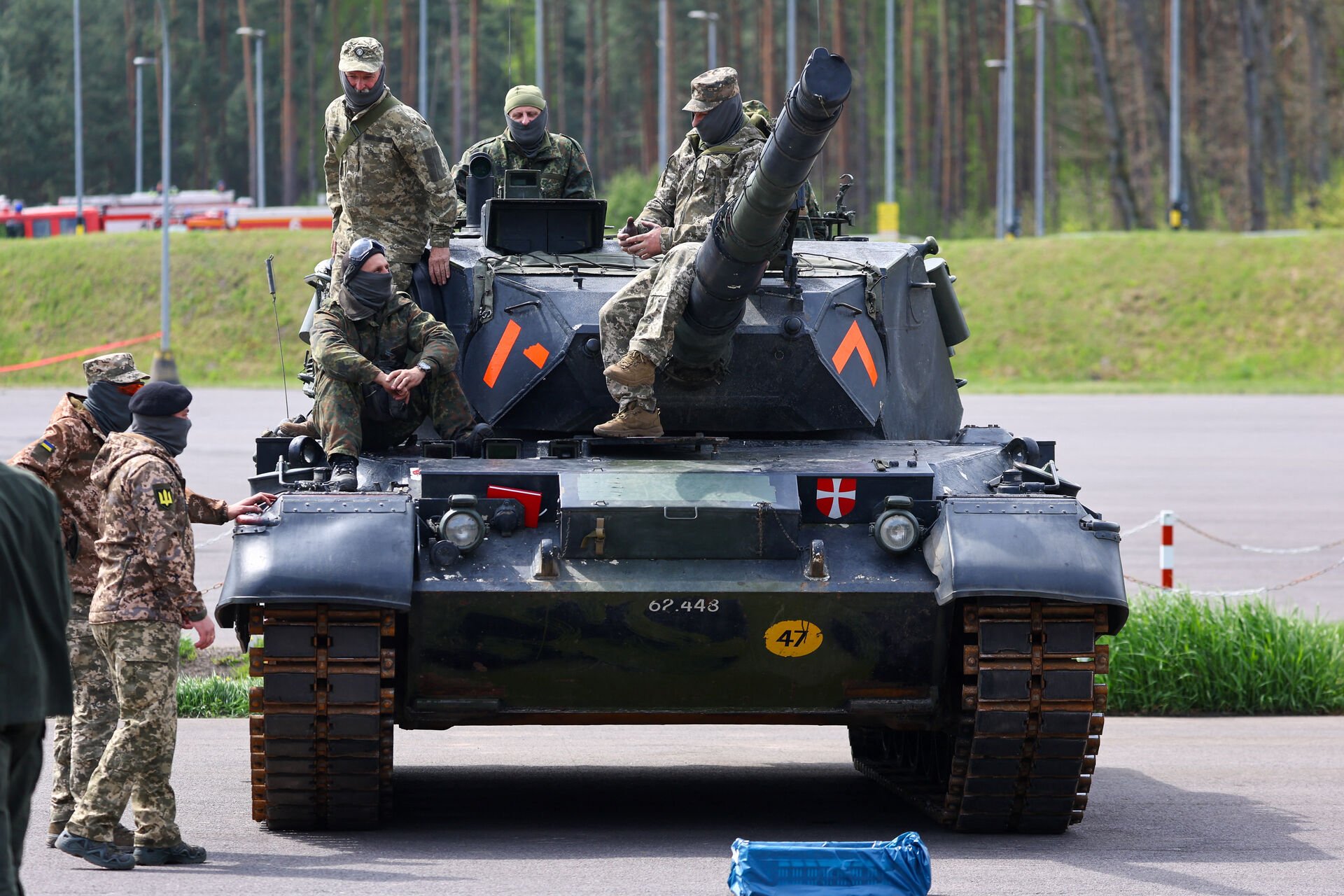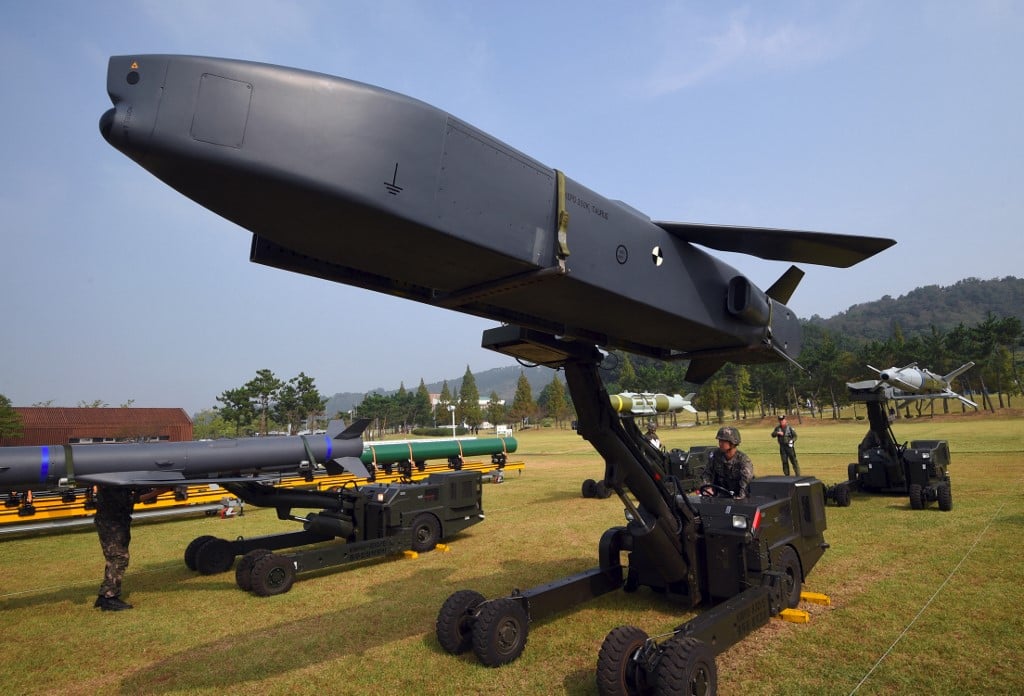Ukraine’s western backers – including Germany – have delivered an array of weaponry to Ukraine since the outbreak of the war and pledged more, but Kyiv fears crucial supplies will arrive too slowly to defend against major new offensives.
“We need to hurry up,” Zelensky told the start of the annual three-day gathering via video link. “We need speed – speed of our agreements, speed of our delivery… speed of decisions to limit Russian potential”.
There is no “alternative”, as people’s lives were on the line, he said.
The key annual conference comes just days ahead of the February 24th anniversary of Moscow sending its forces into Ukraine.
German Chancellor Olaf Scholz, US Vice President Kamala Harris and a host of other world leaders are in attendance.
Russian delegates including Foreign Minister Sergei Lavrov, who was a regular attendee at Munich in the past, have not been invited.
Zelensky also insisted that there was “no alternative” to Ukraine triumphing in its fight against President Vladimir Putin’s troops, and no choice but for Kyiv to eventually join both the EU and NATO.
Scholz meanwhile insisted that German support was “designed to last”, but took a veiled swipe at other allies over faltering efforts to deliver promised tanks to Ukraine.
Facing desperate pleas from Kyiv, Berlin finally agreed in January to allow German-made, heavy Leopard tanks — widely used in Europe — to be sent to Ukraine.
READ ALSO: PODCAST: How Germany changed its mind on tanks and why people are waiting years for citizenship
Berlin has vowed to send some of the most modern variety from its military stocks but is struggling to persuade some allies to do the same.
“Those who can send such battle tanks should really do so now,” Scholz told the conference, where he said he would be “intensively campaigning” to get allies to move on the issue.
It marks a reversal of fortune for Scholz, who up until last month was facing accusations of foot-dragging over his reluctance to permit delivery of the tanks.
Under German law, Berlin must give permission for other countries that use the tanks to re-export them.
READ ALSO: Germany to send ‘half battalion’ of tanks to Ukraine
Ukraine’s Foreign Minister Dmytro Kuleba is in Munich, and is expected to join a meeting of foreign ministers from the G7 club of rich countries on Saturday, on the sidelines of the conference.





 Please whitelist us to continue reading.
Please whitelist us to continue reading.
Member comments